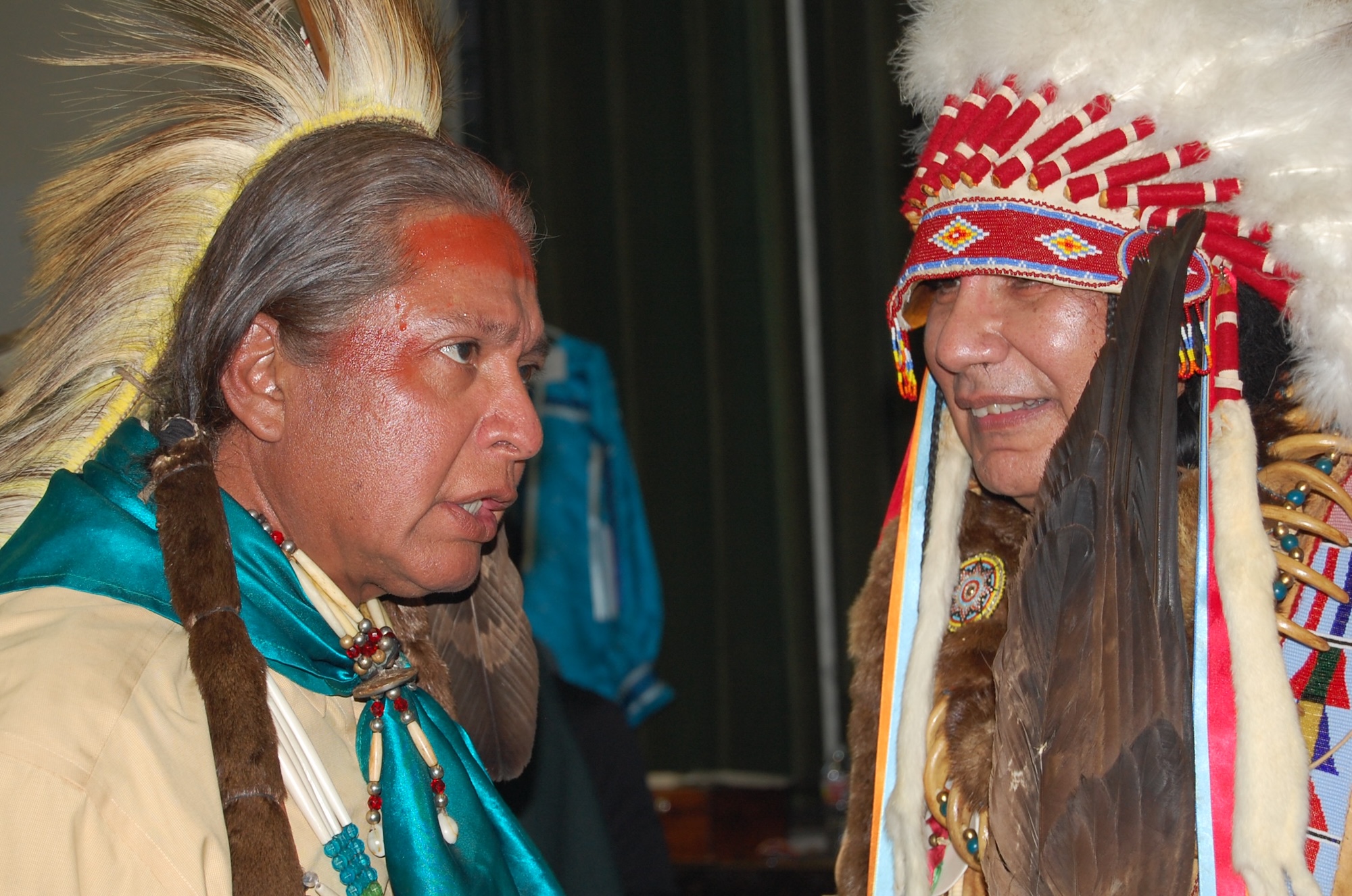
""When you say Two-Spirit, you know the person's Indigenous, and you know they have some kind of spiritual practice," says J Miko Thomas, a.k.a. Landa Lakes, who created the Two-Spirit Powwow with Ruth Villaseñor."
""It seems doubtful that the Spaniards would retain a beautiful name like 'jewel' to describe what they saw as the lowest, most bestial segment of the Indian community, unless it was meant as a kind of sarcasm to enact a sense of power and superiority over the third-gendered people.""
""It's a place where you can let go of this colonial haunting that we are all surviving under right now," Kuhn says. "It's a healing place.""
"Despite attempts to fully eradicate them and their culture, Miranda wrote, neither the spirit nor spiritual needs of the Indigenous community could be extinguished. Gender-variant Indigenous Californians have re-emerged from the attempted gendercide through contemporary Two-Spirit identity."
The article discusses the evolving concept of Two-Spirit identity within Indigenous cultures, emphasizing its connection to spirituality. J Miko Thomas, a Two-Spirit leader, highlights the significance of this identity as a blend of Indigenous lineage and spiritual practice. The historical context reveals the brutal treatment of gender-variant individuals during colonization. Despite efforts to erase their existence, contemporary Two-Spirit individuals have reclaimed their identities, fostering a communal healing process that challenges colonial legacies. The Two-Spirit Powwow, initiated by Thomas, serves as a space for cultural expression and support.
Read at Kqed
Unable to calculate read time
Collection
[
|
...
]